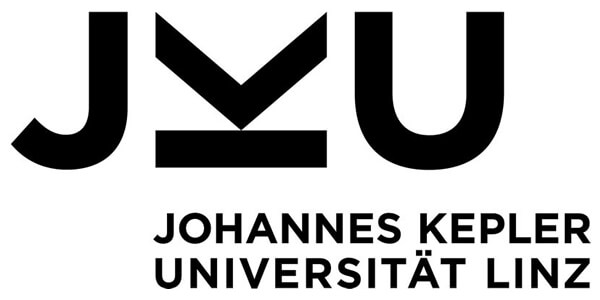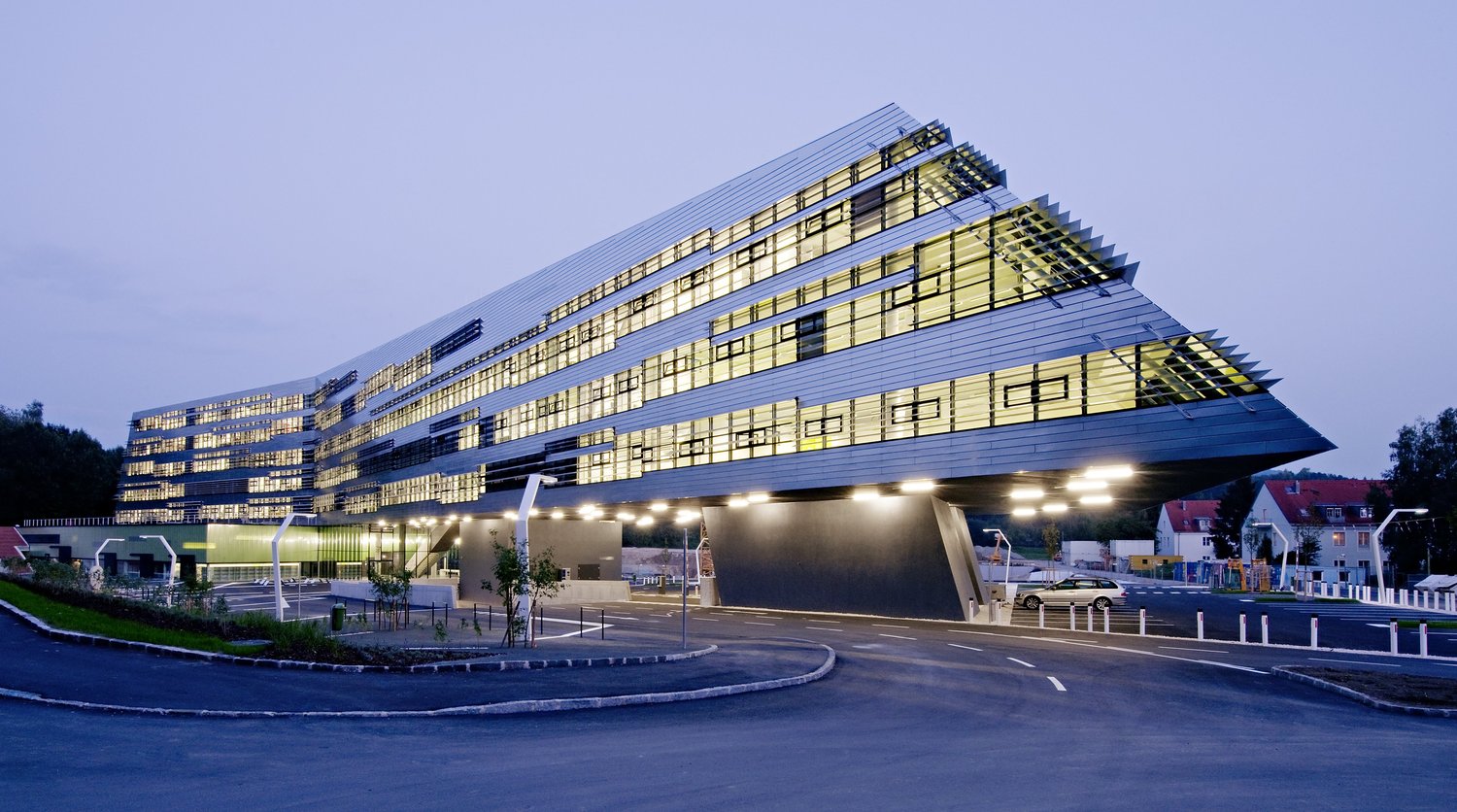The Johannes Kepler University (JKU) is a modern university with extended research activities and participation in many national and international research programs, including H2020 and Erasmus+. JKU presents participation both as a leader and as a partner in projects concerning (web) accessibility/ training in web accessibility as well as ICT for/ with people with disabilities. JKU is a member of many international organisations concerning higher education.

The Institute Integriert Studieren (IIS) was established in 1991 in an effort to serve and support students with disabilities in their studies at JKU as well as provide teaching and research activities in the area of Assistive Technologies, (web) accessibility and accessibility in its most comprehensive context. IIS in its research and teaching activities is part of the faculty or computer science, providing a strong technical and engineering background. IIS has been involved in more than 100 funded national and international projects and the outcome is reported in more than 250 reviewed and referenced publications. The Institute also planned, implemented and held university courses on Assistive Technologies and Accessibility and is partner in an extensive set of academic and vocational programs in this domain.

Therefore the aims of JKU are lying within the focus of the Particular EU Programme. At the same time JKU has efficient scientific and technical resources to conduct extended research and development required within the proposed project. The Institute has dedicated workstations for the accessibility and support of people with disabilities, equipped with the necessary software and hardware for the proposed project software (screen readers, Text to Speech systems) and hardware (embosser-printers that can produce both tactile graphics and Braille with text). The Institute has developed research activity in various scientific fields directly related to the topic of the proposed project. For example, research is conducted on fields of training of Individuals with disabilities (IVIs), assistive technologies as well as vocational inclusion of academics with disabilities. Every second year since 1996, the institute has planned, designed and organised the biggest and most influential scientific conference on “Computer helping people with special needs – ICCHP” (https://www.icchp.org) with an own publication (Springer Lecture note in Computer Science – within the highest 5% of all LNCS downloads on Springer Online) as well as a widespread and comprehensive set of topical areas for research and development on accessibility and Assistive Technologies with more than 600 delegates from all over the world in every edition.